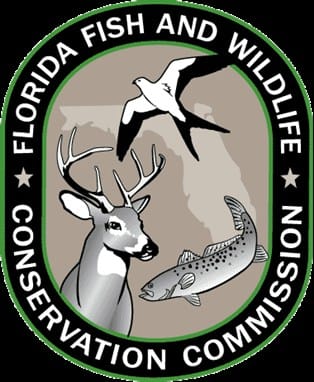Free Hunter Safety Internet-Completion Course Set for Gulf County, Florida

The Florida Fish and Wildlife Conservation Commission (FWC) is offering a free hunter safety Internet-completion course in Gulf County.
The course is at the Gulf Correctional Institution, 500 Ike Steele Road in Wewahitchka. Instruction is from 8 a.m. to 3 p.m. Saturday, July 21.
Students must complete the Internet course before coming to class and bring a copy of the final report from the online portion of the course. The final report form does not have to be notarized.
An adult must accompany children under the age of 16 at all times. Students are encouraged to bring a pencil and paper with them to take notes.
The hunter safety course is required for people born on or after June 1, 1975, to purchase a Florida hunting license. The FWC course satisfies hunter safety training requirements for all other states and Canadian provinces.
People interested in attending this course can register online and obtain information about future hunter safety classes at MyFWC.com/HunterSafety or by calling hunter safety coordinator George Warthen at the FWC’s regional office in Panama City at 850-265-3676

